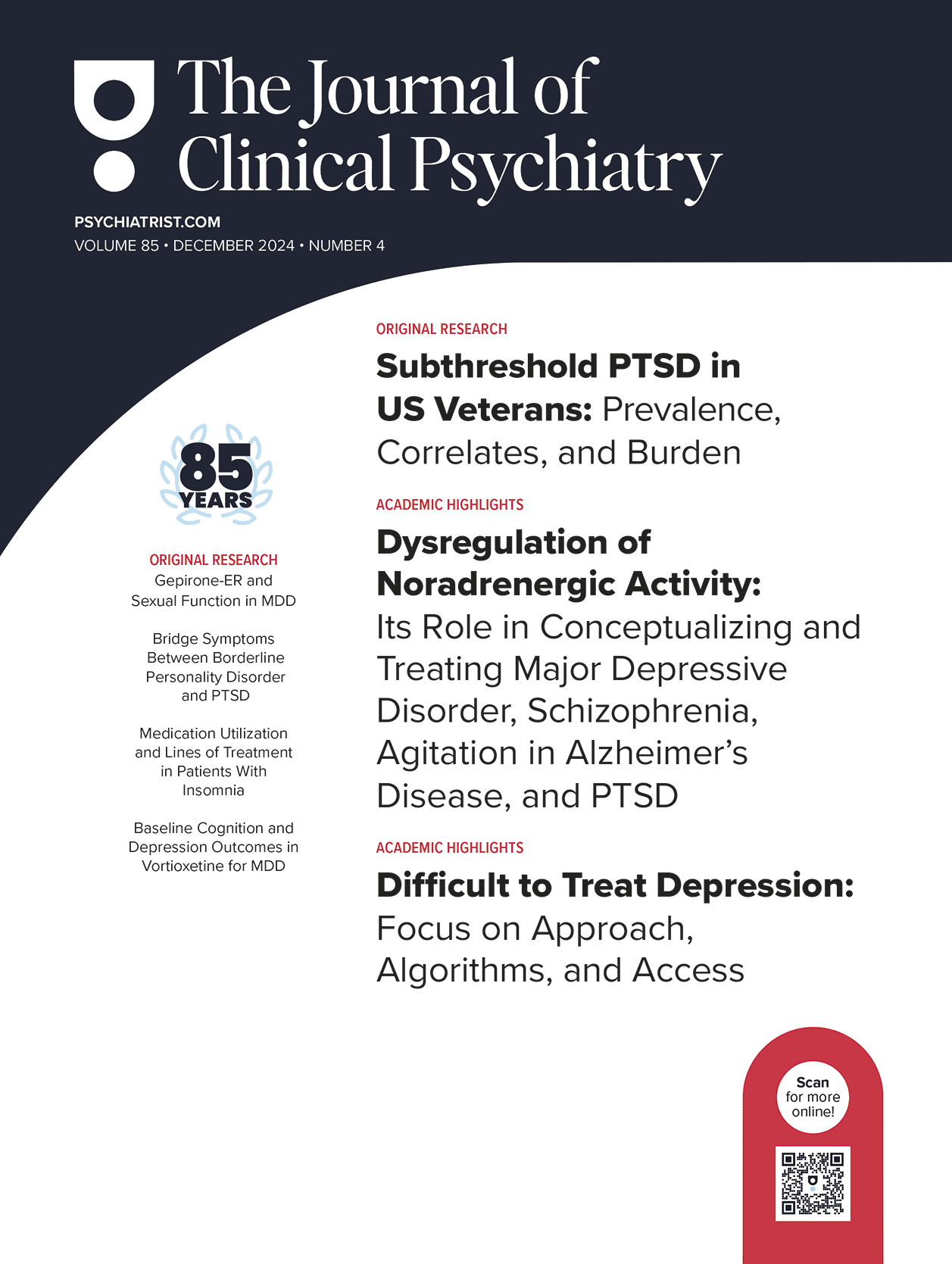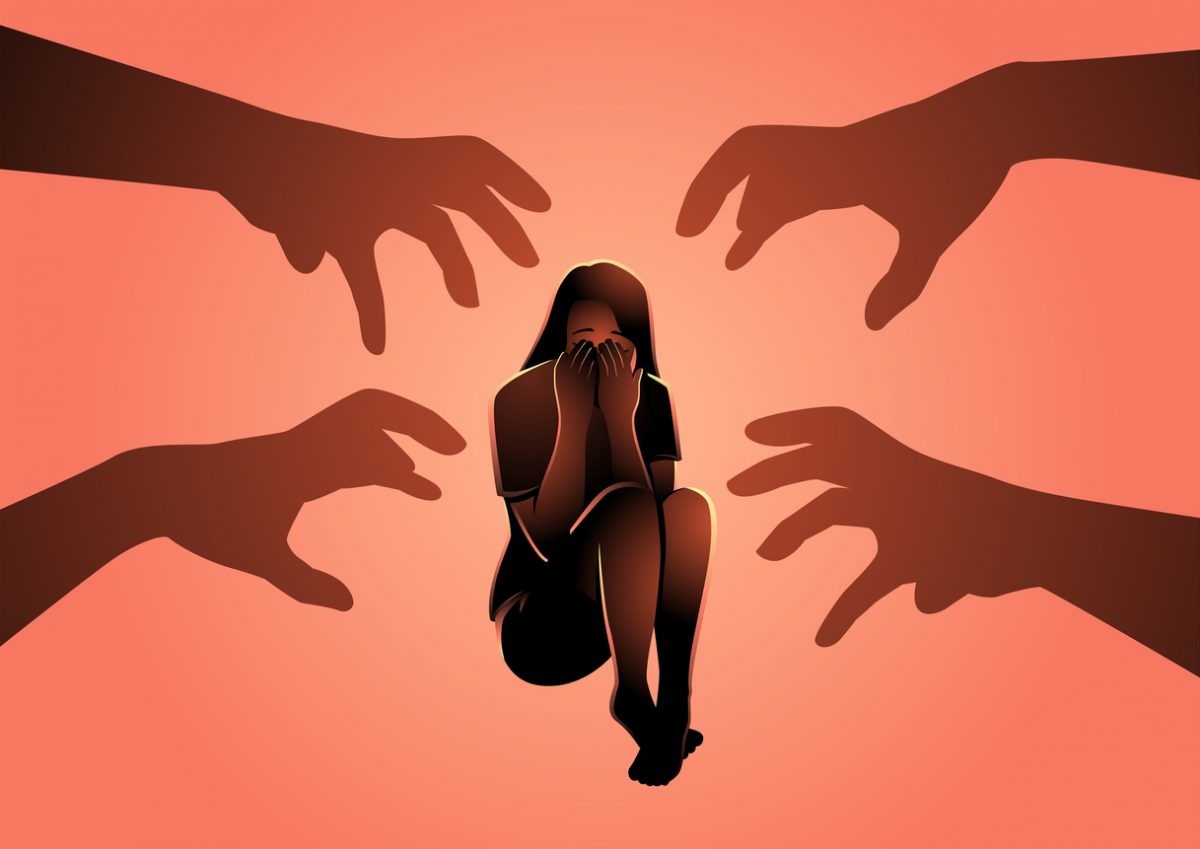Objective: Depression guidelines discourage benzodiazepine monotherapy and limit use to short-term adjunctive therapy with antidepressants; however, patients with depression continue to receive benzodiazepine monotherapy. The prevalence and predictors of this prescribing pattern have not been described previously and are warranted to assist clinicians in identifying patients at highest risk of receiving benzodiazepine monotherapy.
Methods: A national, cross-sectional analysis of the National Ambulatory Medical Care Survey from 2012 to 2015 was performed for adults treated for depression. Depression was identified using a survey item specifically assessing the presence of depression. Office visits involving patients with bipolar disorder, schizoaffective disorder, or pregnancy were identified by ICD-9 code or specific survey item and were excluded. The primary endpoint was benzodiazepine monotherapy prescribing rate defined as initiation or continuation of a benzodiazepine in the absence of any antidepressant agent. A multivariate logistic regression model was created to identify variables associated with benzodiazepine monotherapy.
Results: In total, 9,426 unweighted visits were eligible for inclusion. Benzodiazepine monotherapy was identified in 9.3% of patients treated for depression (95% CI, 8.2%-10.6%). Predictors of benzodiazepine monotherapy included age of 45-64 years (OR = 1.39; 95% CI, 1.01-1.91), epilepsy-related office visit (OR = 5.34; 95% CI, 1.39-20.44), anxiety-related office visit (OR = 1.67; 95% CI, 1.23-2.27), underlying pulmonary disease (OR = 1.43; 95% CI, 1.09-1.87), and concomitant opiate prescribing (OR = 2.86; 95% CI, 2.01-4.06). Psychiatrists were less likely to prescribe benzodiazepine monotherapy than were other providers (OR = 0.42; 95% CI, 0.29-0.61).
Conclusions: Benzodiazepine monotherapy is utilized in nearly 1 in 10 patients treated for depression. Adults aged 45 to 65 years, patients prescribed opioids, patients seen by primary care providers, and those with underlying anxiety, epilepsy, or pulmonary disorders are at highest risk.
Continue Reading...
Did you know members enjoy unlimited free PDF downloads as part of their subscription? Subscribe today for instant access to this article and our entire library in your preferred format. Alternatively, you can purchase the PDF of this article individually.
Please sign in or purchase this PDF for $40.00.
Save
Cite
Already a member? Login



